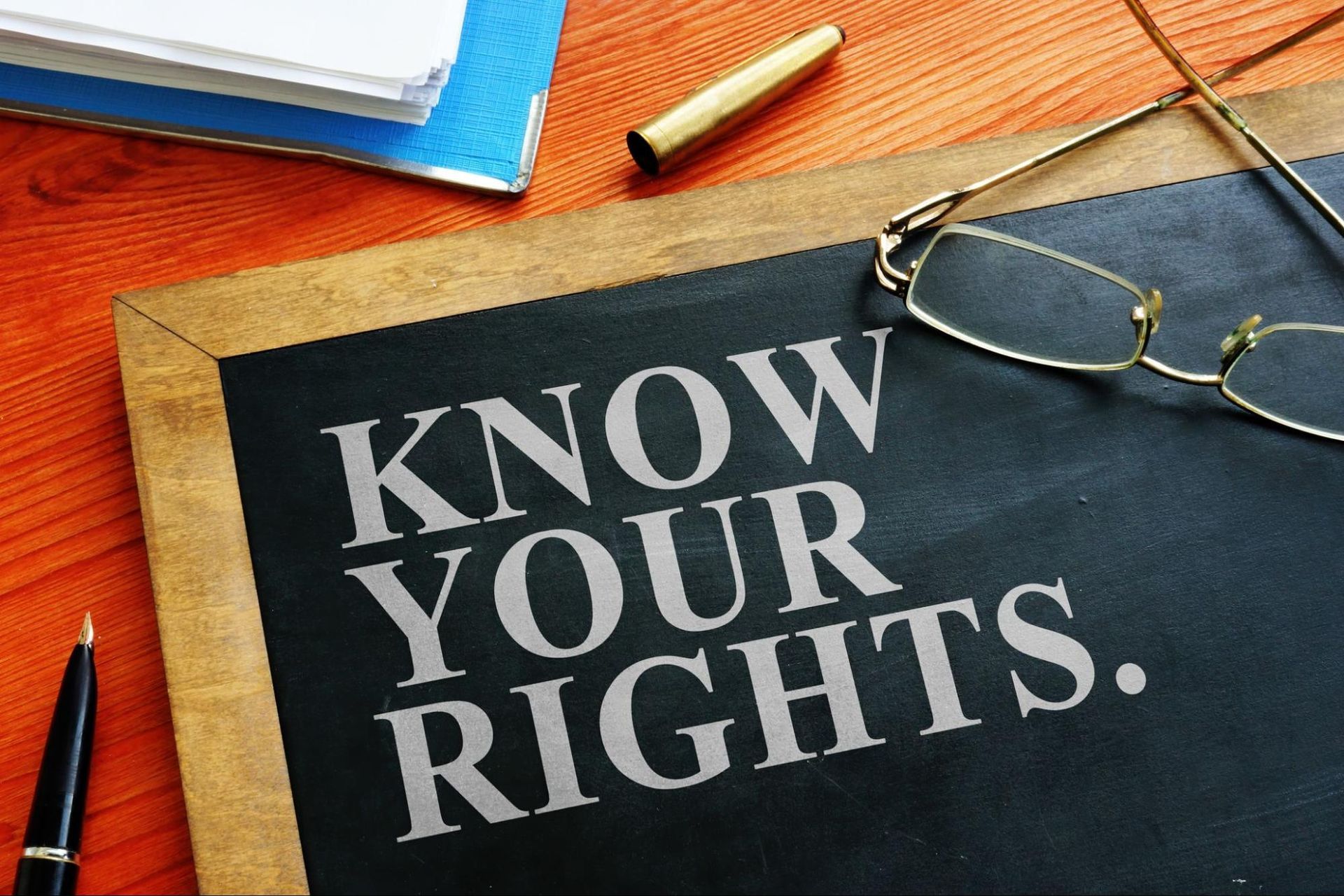What is Postpartum Depression?
Postpartum Depression is a type of major depression and is considered to be a type of mood disorder. It occurs after a woman has given birth, but can also happen to adoptive parents, and even to fathers. After the birth of a child, a woman’s hormones fluctuate and she may experience mood swings that change between feelings of sadness and joy. When feelings of sadness and ongoing depression last for a prolonged period of time, it is thought to be postpartum depression.
Postpartum depression can start during pregnancy, or up to a year after the birth of a child.
Depression is a recognized mental illness that requires treatment. It is well known that in Canada, depression and mental illnesses are a leading cause of disability in the workplace.
Symptoms of depression
Depression includes symptoms of sadness, irritability, low motivation, lack of interest in activities once enjoyed, social withdrawal, fatigue, appetite changes, changes in self-esteem, or difficulty sleeping. A person with postpartum depression may not be able to enjoy his or her new baby, or may develop fears about harming the baby.
Types of postpartum mood disorders
According to the Mood Disorders Association of Ontario (MDAO) there are different types of postpartum mood disorders, which range from “the baby blues/maternity blues” to postpartum depression (major depression with postpartum onset) to postpartum psychosis.
Baby blues / Maternity blues
Baby blues/maternity blues resolves fairly quickly. It presents within days of childbirth and includes symptoms of tearfulness, anxiety, irritability, and emotional instability, but resolves within a couple of weeks.
Postpartum depression
Postpartum depression, according to MDAO, affects 10-15% of women and begins with 2 weeks to 6 months after delivery and includes classic symptoms of anxiety and depression along with intrusive thoughts about harming the baby, extreme irritability and obsessive compulsive symptoms.
Postpartum psychosis
Postpartum psychosis is the most serious type of postpartum disorder and its onset is rapid, sudden and very dramatic. Symptoms include psychotic depression, hallucinations, mania, confusion, delusions and suicidal thoughts. It affects 1-2 out of 1000 women.
As with other types of mental illnesses, you can make an application for short-term disability benefits or long-term disability benefits if you have postpartum depression. You may not recover from postpartum depression during the time you are receiving short term disability benefits, therefore you need to apply for long-term disability benefits. For example if you experience postpartum depression for an extended period of time, your doctor may find that you are unable to work due to major depressive disorder or a severe episode or major depression.
Applying for disability benefits in Ontario
As with any type of disability, when applying for short-term or long-term disability benefits, it is important to provide a complete application to your insurance provider. The Attending Physician’s Statement is particularly important as it sets out your diagnosis, symptoms, restrictions and limitations and prognosis for return to work. Your physician/specialist must outline how your diagnosis of postpartum depression prevents you from working and functioning. Your insurance company is looking for evidence of treatment with an appropriate specialist and of treatment/medication compliance.
We offer a free initial consultation that can be arranged at a date and time of your choosing and at your convenience.
Recent posts from our Knowledge Centre


- This blog is for informational purposes only and is not meant to substitute legal advice. Please read our disclaimer for further information.
- All of our lawyers are licensed by The Law Society of Upper Canada
- Office in Toronto and able to represent people in the province of Ontario
No Upfront Legal FeesNo Bad Questions
Footer
Thank you! Your request for a free consultation has been sent to our legal team.
We will do our best to contact you within 24 hours. We look forward to speaking with you!
Please try again later
1120 Finch Avenue West, Suite 500
Toronto, ON Canada M3J 3H7







